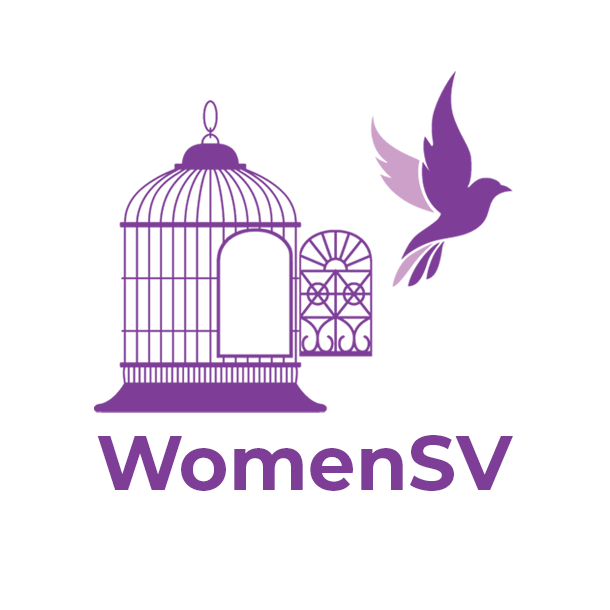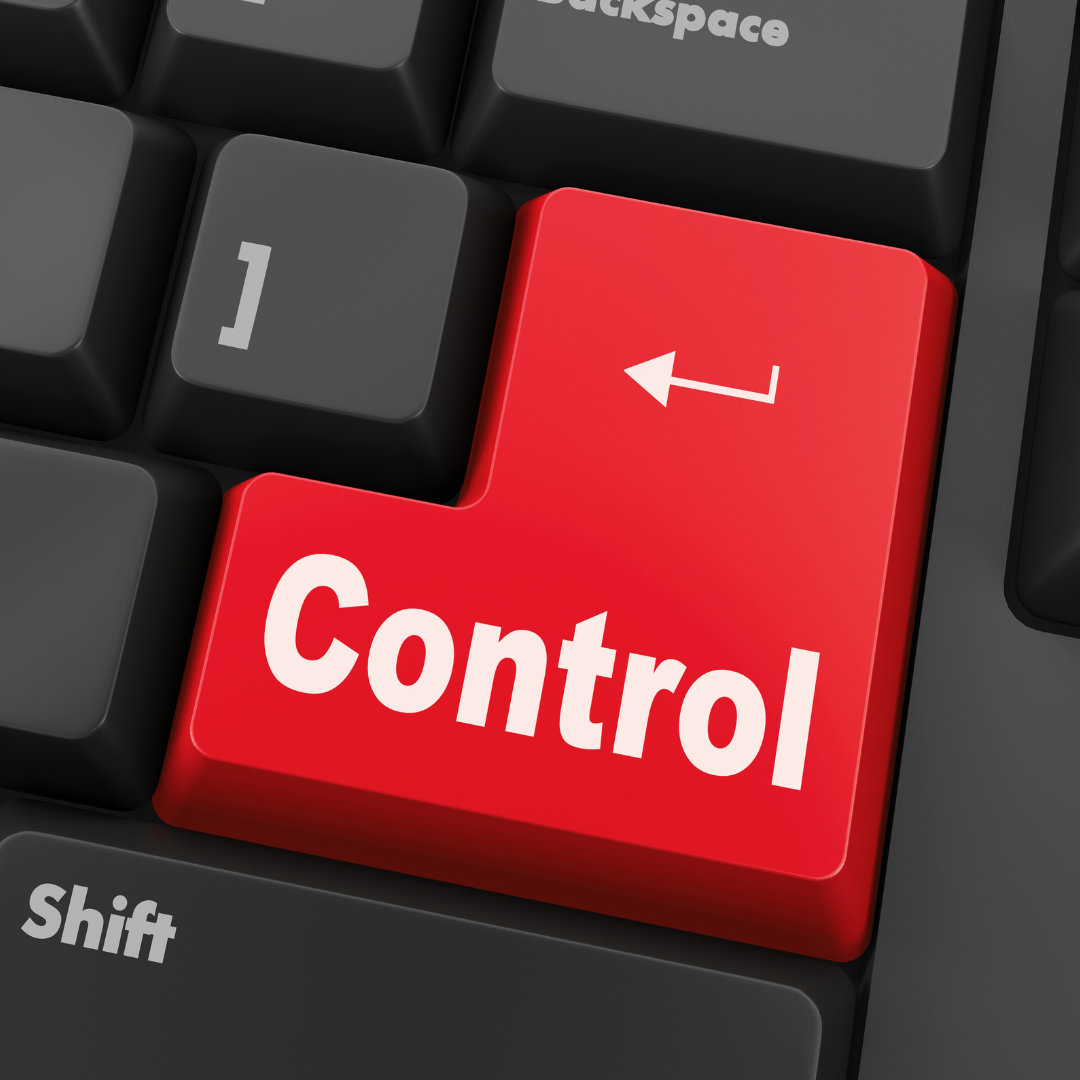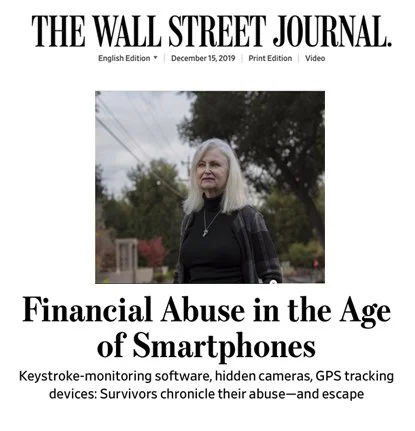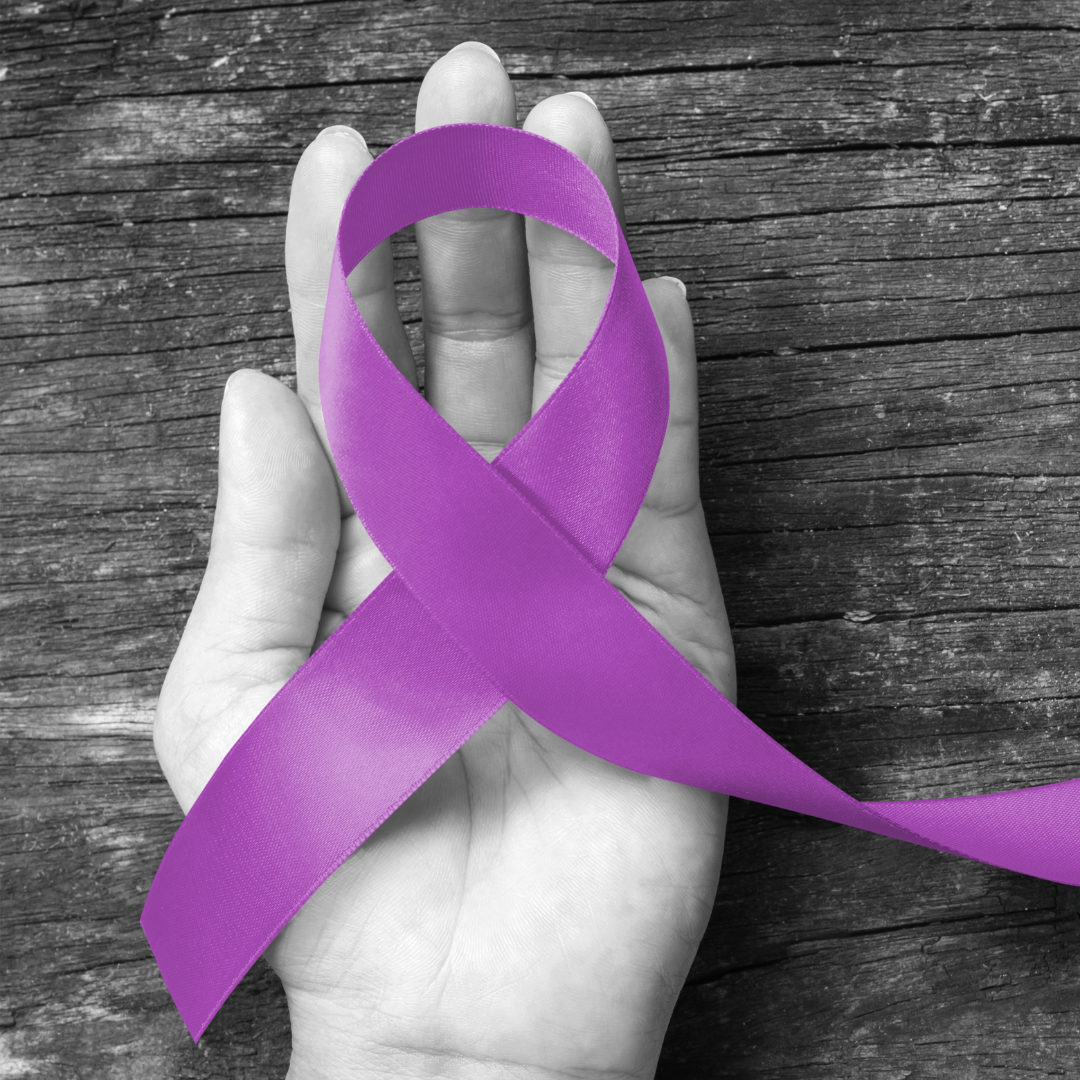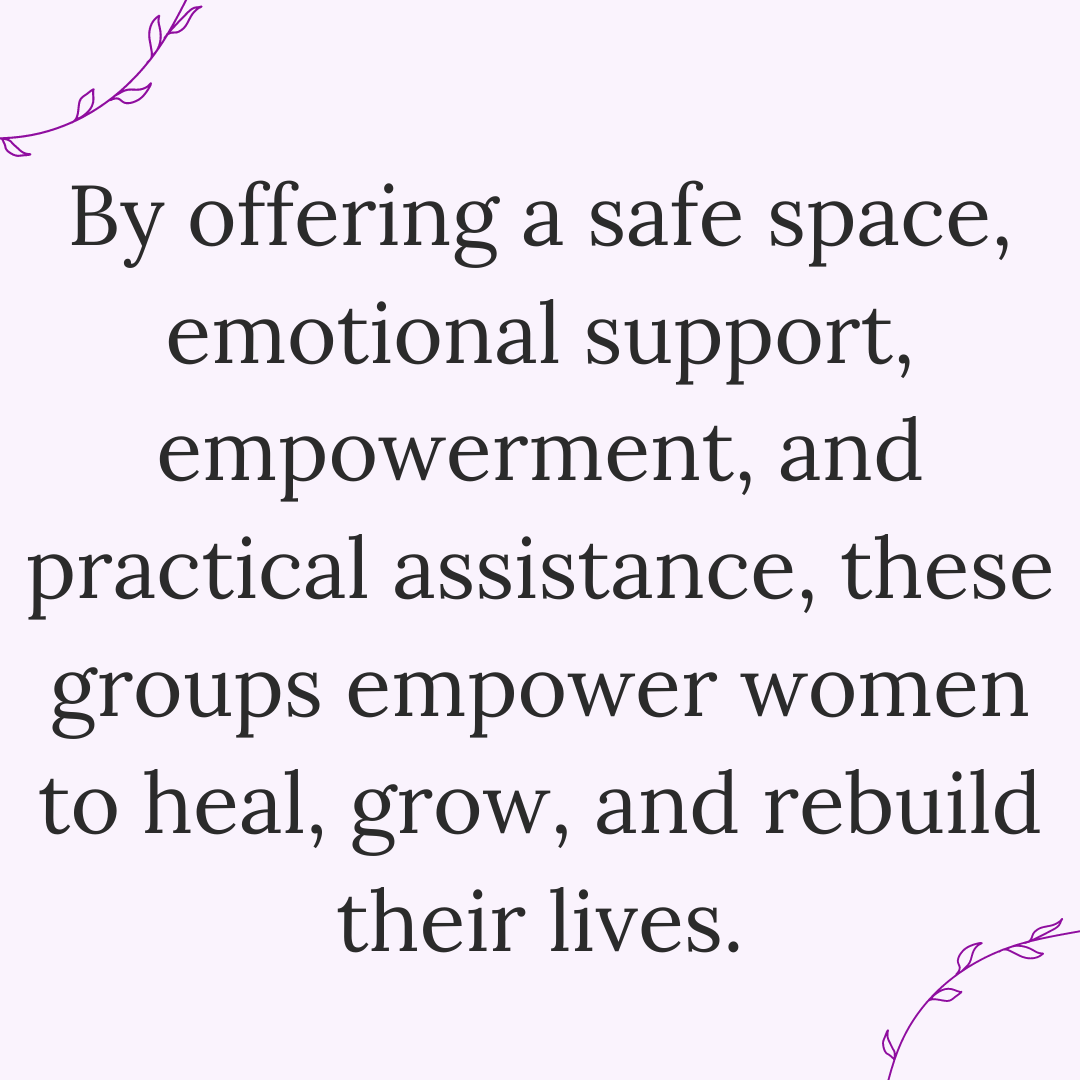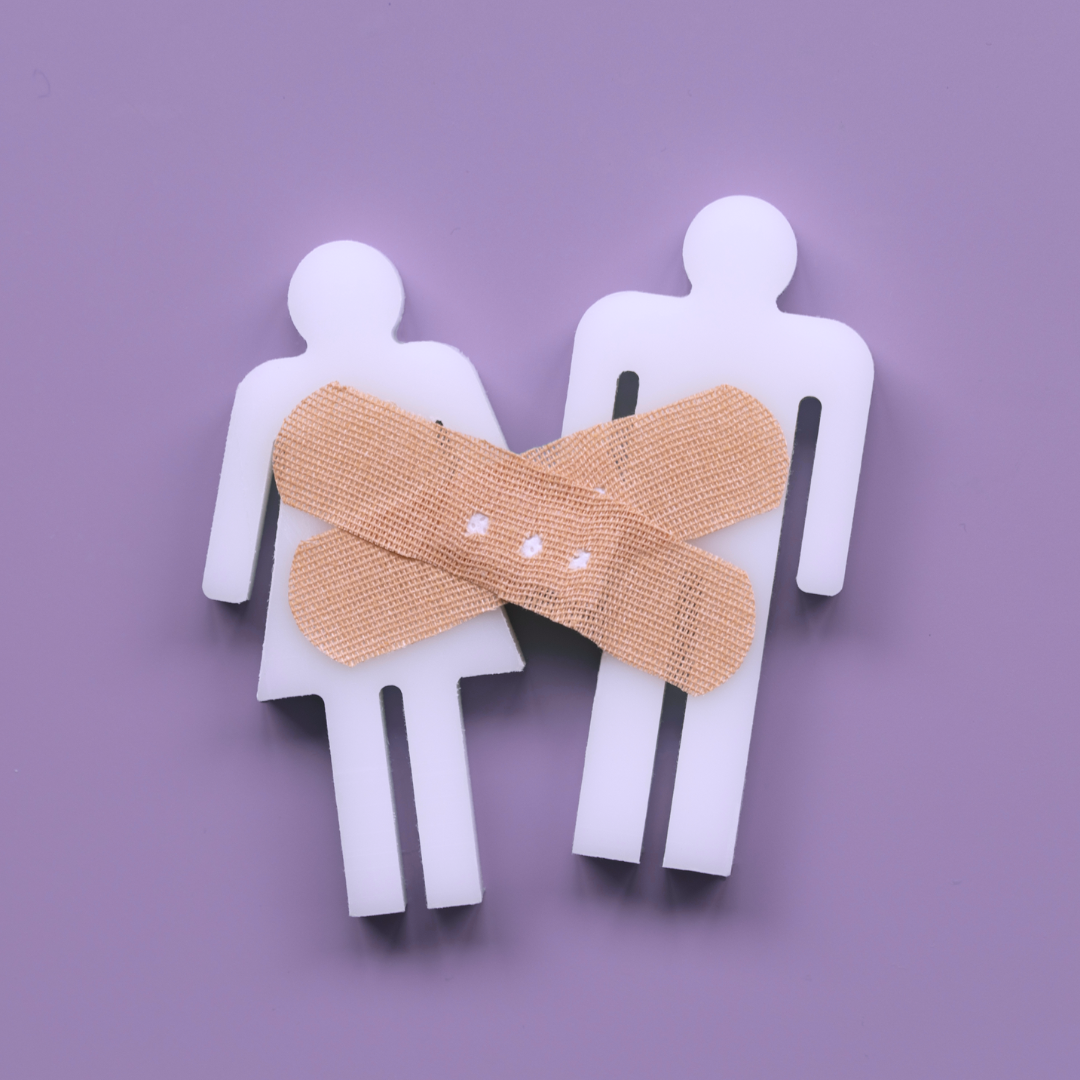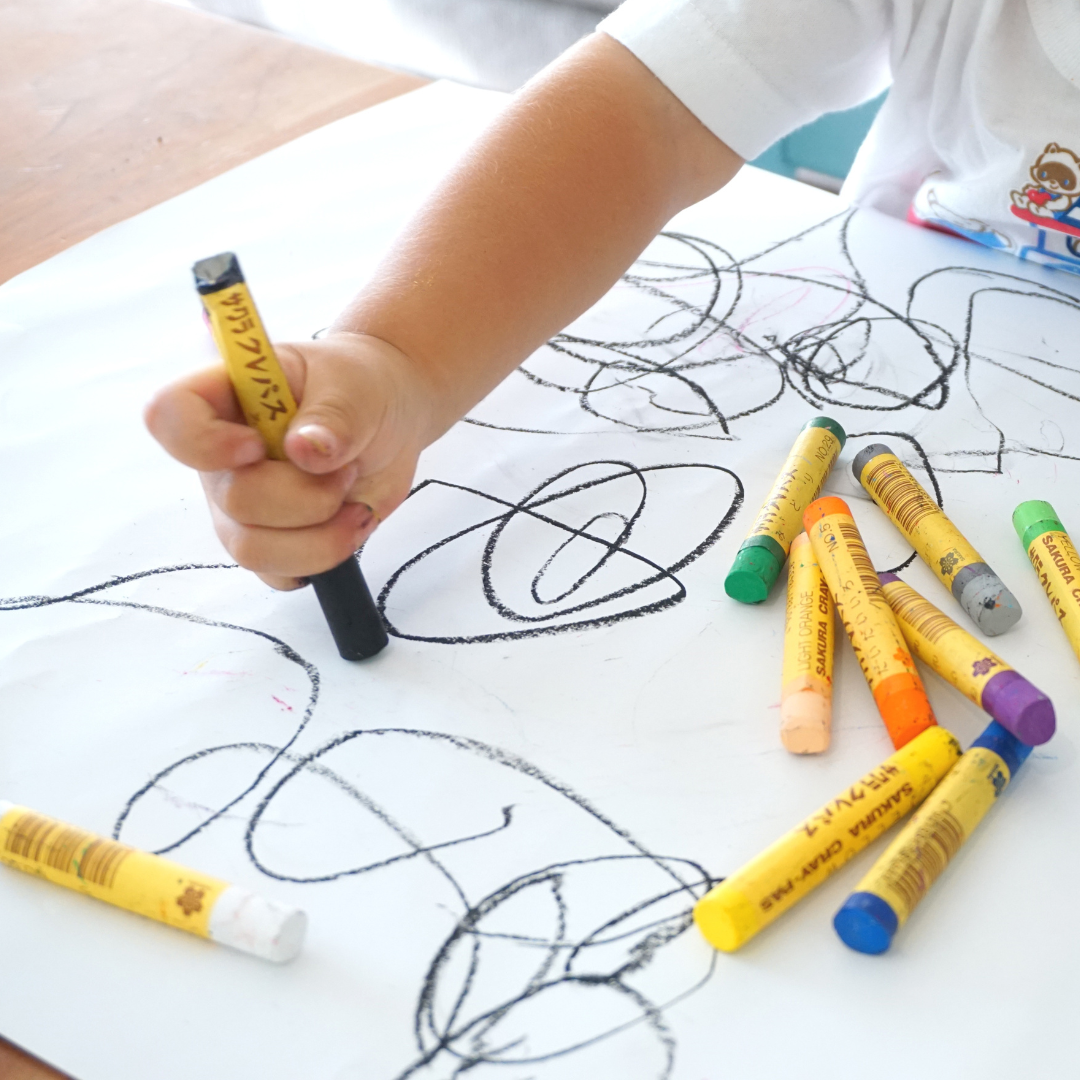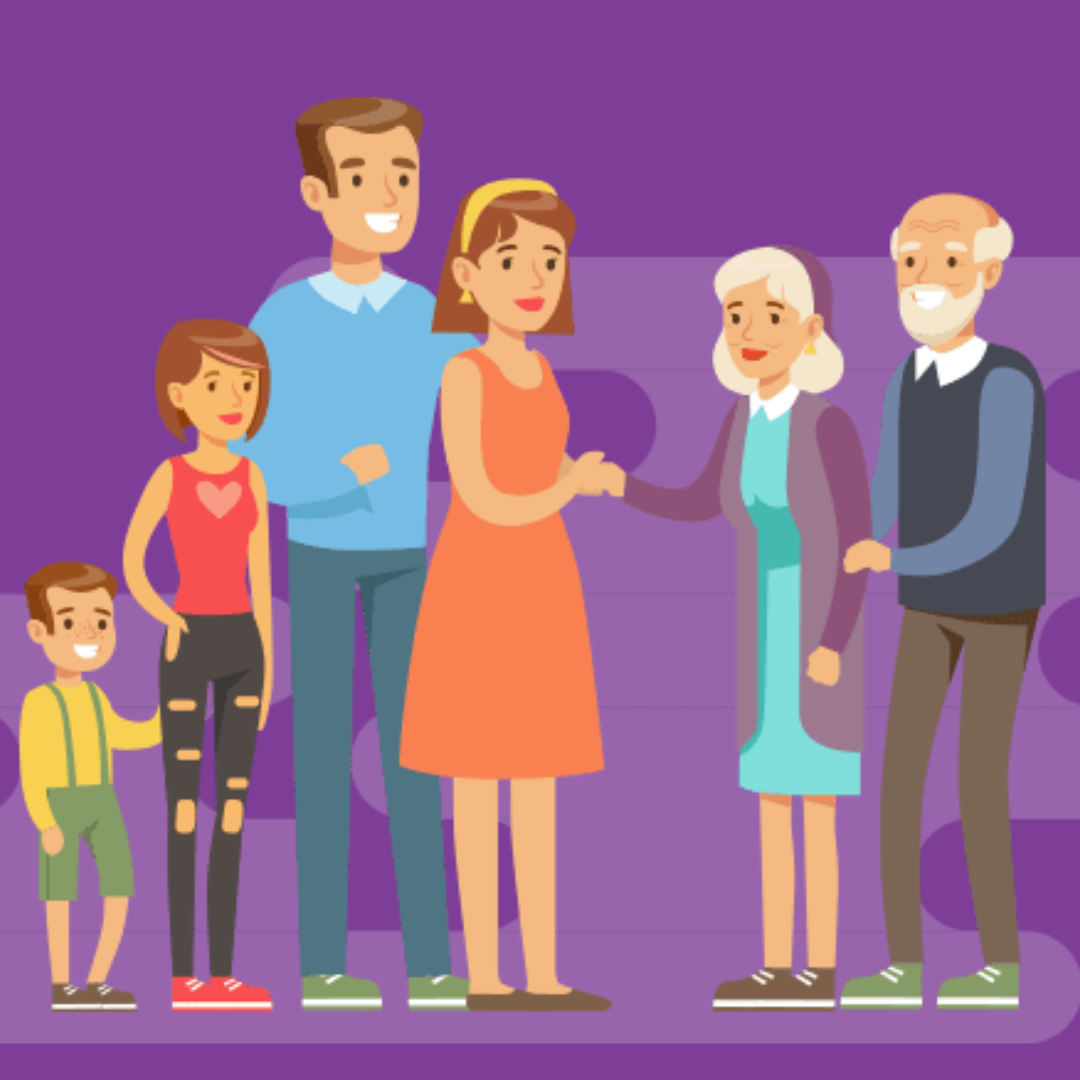Domestic Abuse Articles
Categories
Domestic Violence Articles
Domestic Violence 101
Domestic violence is : The intentional and consistent use of power to control an intimate partner through means such as physical, verbal, sexual and financial attacks. It includes any behaviors that intimidate, manipulate, humiliate, isolate, frighten, terrorize, coerce, threaten, blame, hurt, injure, or wound their partner—or someone their partner loves.
Red Flags for Abuse
Any of these red flags is an indication that your relationship is likely to become physically violent and/or emotionally abusive.
Risk Factors
A list of increased risk factors for domestic violence in relationships.
Domestic Violence and the Workplace
Domestic violence doesn't just affect women at home. It affects them in the workplace, compromising their safety and the safety of their fellow workers, their performance and productivity.
Why Does She Stay?
Strange that so often this question is asked: "Why does she stay?" as opposed to: "Why does he treat her that way and why doesn't he stop?" There are many reasons a woman continues to stay in an abusive relationship…
Overt Coercive Control
WomenSV's Ruth Darlene Patrick on Why Community Education is Important for Understanding Domestic Abuse and Coercive Control
The significance of community education in recognizing and addressing domestic abuse and coercive control cannot be overstated.
10 Types of Coercive Control
Recognizing and addressing coercive control is crucial for breaking the cycle of abuse. If you or someone you know is experiencing any of these types of coercive control, seeking support from friends, family, therapists, or support groups can be the first step towards regaining control and rebuilding a life free from abuse.
Coercive Control in California: Shedding Light on a Widespread Form of Abuse
As a more insidious form of abuse, coercive control often goes unnoticed or misunderstood. Like the rest of the world, California is not immune to this pervasive issue, which is slowly gaining recognition and attention.
California Coercive Control Resources for Survivors
In California, organizations have risen to support survivors of coercive control, offering vital resources to help them break free from abusive situations and rebuild their lives.
Covert Coercive Control and Covert Abuse
WomenSV’s Ruth Darlene Patrick on Recognizing the Signs of Coercive Control
Domestic violence can take many forms, and sometimes the most subtle and difficult to recognize forms of abuse are the most harmful. Coercive control is a type of abuse that can be particularly challenging to identify, and it involves a pattern of behavior aimed at dominating and controlling an intimate partner.
Resources for Covert Abuse Survivors
Survivors of covert abuse often suffer in silence, unaware of the resources available to support them on their journey to healing and reclaiming their lives. However, it’s important to know that help is out there.
Recognizing Covert Abuse and Coercive Control
Covert abuse and coercive control are insidious forms of mistreatment that can have devastating effects on individuals, often leading to long-lasting emotional and psychological damage. Understanding these forms of abuse is crucial in order to identify and address them effectively.
Covert Abuse Tactics and Red Flags
Covert abuse tactics are subtle and insidious, often leaving victims confused and emotionally drained. Recognizing these red flags is essential to protect oneself and promote healthier relationships.
When You Unmask a Covert Narcissist, RUN, but Quietly!
Find a way to heal the wounds, love yourself, reconnect with yourself, and do what is important to you and what you deserve. Then better relationships will happen and you will never again be subjected to a covert narcissist.
Emotional Abuse
What is Covert Emotional Abuse?
Covert emotional abuse operates in subtle, insidious ways, making it difficult for victims to recognize and escape its grasp. Understanding this covert form of abuse is essential for raising awareness, supporting victims, and fostering healthier relationships.
Emotional Abuse and Intimate Partner Violence
Emotional abuse and intimate partner violence have devastating consequences on the physical, emotional, and psychological well-being of those who are impacted.
7 Signs of a Passive-Aggressive Gaslighter
Information on Gaslighting via Psychology Today
Is Gaslighting Emotional Abuse?
Gaslighting is unquestionably a form of emotional abuse. It involves manipulating someone's perception of reality, eroding their self-confidence, and exerting control over their thoughts and emotions.
What are Overt vs Covert Characteristics of Emotional Abuse?
Emotional abuse can be subtle and difficult to identify, as it doesn't leave physical scars like other forms of abuse. To better understand the dynamics of emotional abuse, it is essential to distinguish between overt and covert characteristics.
Technology Abuse
Technology Abuse
Confronting Domestic Violence Series
This six-part series on domestic violence and technological abuse was originally published on LosAltosOnline.com.
Technology and Personal Safety
Technology-facilitated abuse is on the rise. Protect yourself with these cybersecurity tips.
WomenSV's Ruth Darlene Patrick on Combating Technology Control and Domestic Abuse
In the hands of domestic abusers, tools like tracking apps, spyware, and social media platforms can become instruments of manipulation, harassment and control.
Information about reducing the risk of tech-enabled coercive control
Coercive control resistant design: the key to safer technology. Adapt a mindful approach to design, ensuring your technology is resistant to being used as a tactic of domestic abuse.
Domestic Violence and Technology-Facilitated Abuse
One alarming facet that has emerged is the intersection of technology and domestic violence, giving rise to what is known as "technology-facilitated abuse." This disturbing trend involves the use of digital tools to exert control, manipulate, and harm intimate partners, highlighting the urgent need for awareness, education, and legal measures to combat this modern form of abuse.
Financial Abuse
Financial Abuse
Financial Abuse in Marriages: Warning Signs and How to Get Help
Domestic financial abuse is not limited to any one part of society, and it’s one of many forms of abuse. The fact is, financial abuse not only takes place among the wealthy, but it can also be incredibly intense and ugly among the more successful middle and upper classes.
Wall Street Journal: Financial Abuse in the Age of Smartphones
Technology is making spousal financial abuse easier, particularly among affluent Americans. Smartphones and tracking devices have given abusive partners more tools to surveil and control their spouses, according to advocates for victims. At the same time, though, technology is also helping victims discover hidden assets.
Legal Abuse / Litigation Abuse
Legal Abuse / Litigation Abuse
It's Post-Separation Legal Abuse, Not High Conflict Divorce
Abusers torment their exes through the courts in a form of coercive control.
Physical Abuse and Strangulation
Physical Abuse and Strangulation
Vital Facts for Victims of Strangulation
Strangulation has only recently been identified as one of the most lethal forms of domestic violence.
Effects of head trauma from intimate partner violence largely unrecognized
While there is an abundant amount of research about traumatic brain injuries in athletes and those serving in the military, the same data is scarce when it comes to concussions and head and neck injuries sustained due to intimate partner violence.
Hidden Abuse in Affluent Communities
Hidden Abuse in Affluent Communities
Why Would Affluent Women Need Help?
The general perception is that domestic violence doesn't happen in more affluent areas, or even if it does, then the woman should have the means to deal with it herself using her own resources. But domestic violence knows no boundaries. It's an equal opportunity abuser, penetrating every sector of society regardless of social class, income, gender, sexual orientation, race, religion or culture.
Not to People Like Us
Affluence can be yet another barrier to escaping a controlling and dangerous abusive partner.
Ask Amanda: Does Having Money Keep You Safe from Abusers?
Domestic abuse doesn’t discriminate because of income, education level or geographic location. Abusers are cunning individuals who look for trusting individuals they can manipulate, control and gaslight, and many of these abusers have power, money, fame and influence. If anything, these factors make them even more dangerous.
Domestic Violence Survivor Support Groups
WomenSV’s Ruth Darlene Patrick On Why Support Groups are Important for Domestic Violence Survivors
Support groups are an absolutely indispensable resource for many domestic violence survivors, owing to the fact that they furnish a secure and protected haven in which survivors can connect with other individuals who have undergone similar trauma.
Empowering Survivors: Women’s Domestic Violence Services and Support Groups
Women’s domestic violence services play a pivotal role in assisting survivors, creating a safe space for healing and empowerment. The services offered by these organizations provide essential help for domestic violence victims.
Domestic Abuse Survivor Support Groups: Empowerment Through Education, Support and Community
Surviving subtle forms of domestic abuse such as covert abuse and coercive control can leave individuals feeling isolated, misunderstood and unsupported. Domestic abuse survivor support groups can empower survivors on their journey towards freedom and recovery.
Benefits of Domestic Violence Support Groups for Women
Domestic violence support groups offer a safe and non-judgmental environment where women can connect with others who have experienced similar situations. These groups are often facilitated by trained professionals, such as therapists or social workers, who provide guidance and ensure a supportive atmosphere.
DV Support Groups: Empowering Domestic Violence Survivors
Survivors of domestic violence often face physical, emotional, and psychological trauma, making it crucial for them to receive support and guidance as they rebuild their lives. Support groups specifically tailored to the needs of domestic violence survivors play a vital role in this process, offering a safe space for healing, empowerment, and community.
Risks of Therapy with a Covert Abuser
Risks of Therapy with a Covert Abuser
Why Marriage Counseling Doesn't Work
For marriage counseling to be effective, it requires a certain set of conditions…
Weaponization of Professional Credentials
Weaponization of Professional Credentials
When Your Abuser Is a Powerful Politician
Abuse is not only physical, it’s also financial, verbal, legal, digital and emotional.
For Parents
For Parents
Educational Support for Children
Children are often referred to as the “hidden victims” of divorce.
Ruth Darlene Patrick, WomenSV, on The Impact of Domestic Violence on Children and How to Help Them Heal
Domestic violence not only affects the immediate victims but also leaves a lasting impact on children who witness or experience it firsthand.
When Coercive Control Continues to Harm Children: Post‐Separation Fathering, Stalking and Domestic Violence
This article shows how domestic violence perpetrators can use coercive control against their children after their ex-partner has separated from them.
